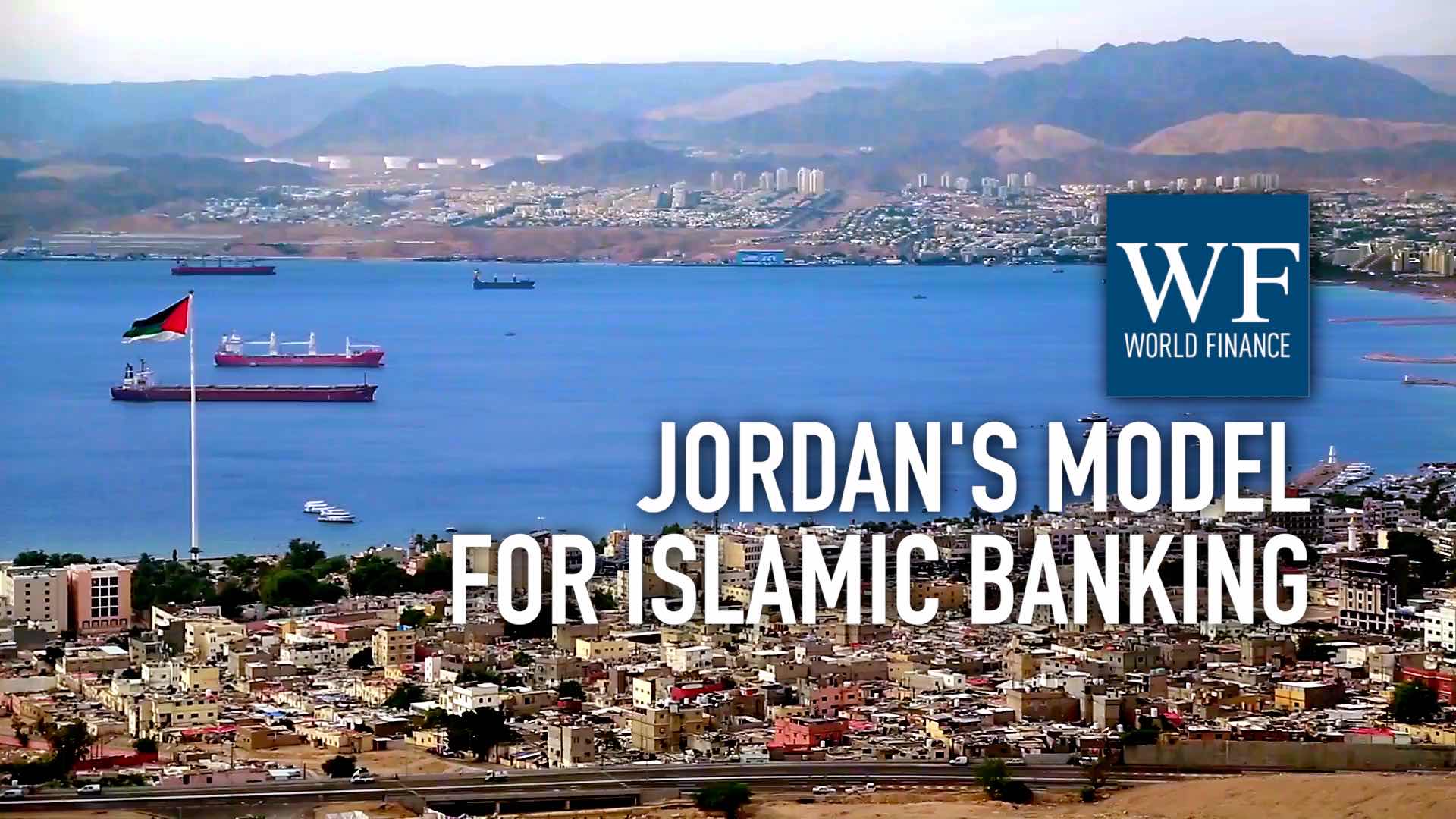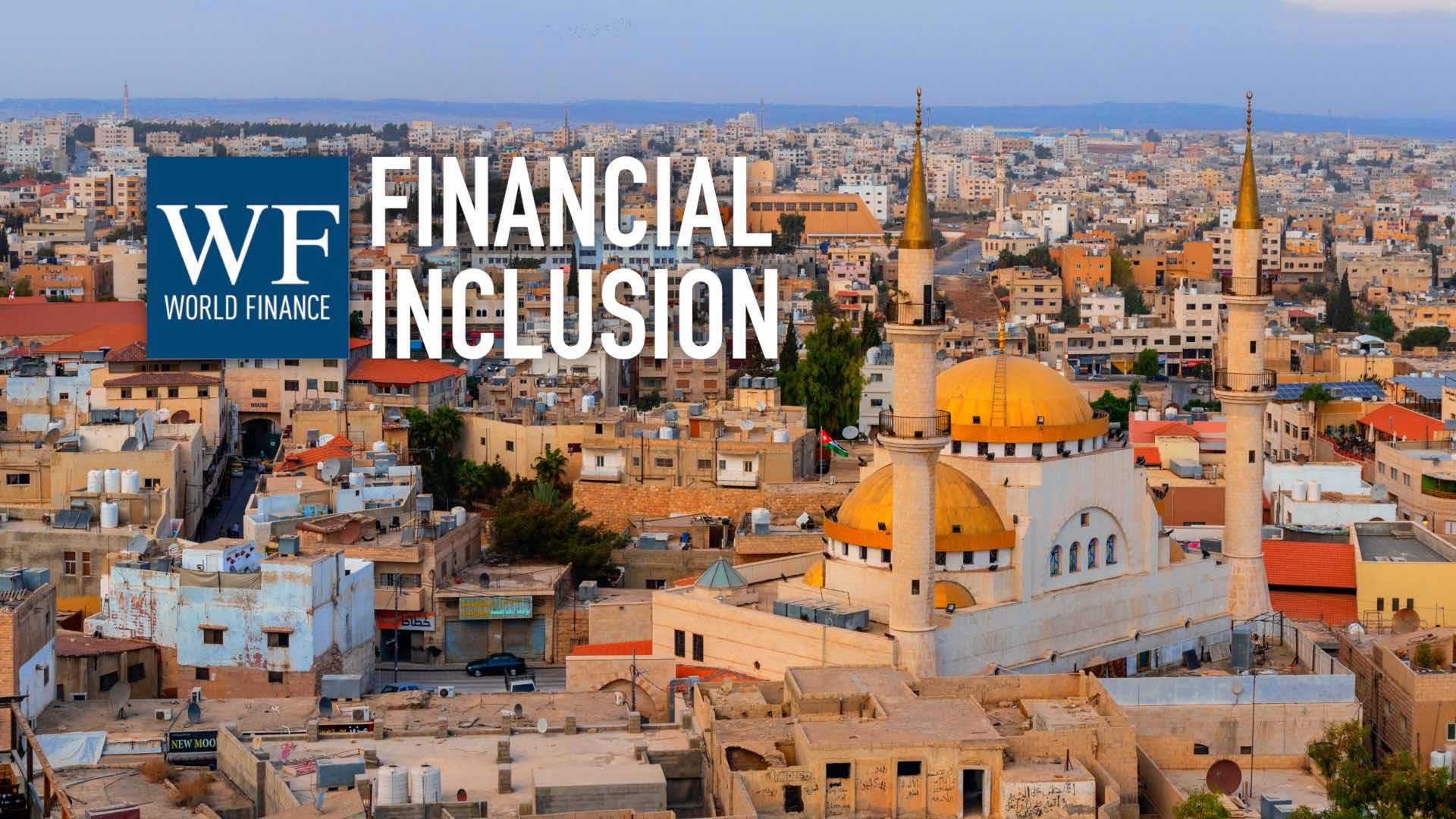Jordan Islamic Bank invests in solar power as part of social responsibility
CEO and managing director Musa Shihadeh discusses the bank's new solar plant and driving financial inclusion through technology
Related:
Transcript
Jordan Islamic Bank is the country’s largest Islamic finance provider. In December 2017, its CEO – his excellency Mr Musa Shihadeh – signed an agreement to establish a solar power station, to provide renewable energy to its branches. It’s a concrete example of the bank’s commitment to social responsibility and sustainability. Musa Shihadeh explains the ambition behind the solar plant, and how Jordan Islamic Bank supports local businesses in their sustainability efforts – all with the drive to serve the economy of Jordan and make banking simple, fair and transparent for the Jordanian people.
World Finance: Tell me more about this solar plant; what do you hope to achieve?
Musa Shihadeh: Jordan is a non-producing oil country, and we import it. Three hundred days are sunny days in Jordan – therefore we made that plant.
This plant will cover 85 percent of our needs for electricity without oil, from the sunshine. And this will cover one third of our branches in the Amman area. That helps us by saving over the five years almost 50 percent of our costs of energy. Saving the government of Jordan foreign currency for importing oil, help the economy, and create a clean product for the climate and the country.
World Finance: You’re also working with local businesses to help them improve their sustainability; tell me more.
Musa Shihadeh: Yeah, we do help people to have sustainability of their business. We train SMEs, individuals, corporates; explaining to them how we can help, how can they benefit to further their business, and continue making profit and helping the economy as well.
World Finance: Another key aspect of your social responsibility programme is working to promote financial inclusion – what work are you doing?
Musa Shihadeh: Financial inclusion has been important. We try our financial inclusion by reaching women, young people, and other people who need to have banking activities. How we do it – we try to train and help, and explain, and make seminars and explanations of our services. How can they get it easily, transparently, fast, and through technology.
We have phone banking, internet banking. They can do their business through it, and we can reach them wherever they are in the country, as well as connect them with international institutions all over the world.
World Finance: What other innovations are you bringing to market?
Musa Shihadeh: We bring whatever people need to satisfy their need and services and activities. For example, products for paying fees by loans for students. Paying hospital invoices, paid over the years. Paying their bills through eFAWATEERcom, which is the electronic government for that.
That’s what we invent and give for our customers, to satisfy their needs.
Our slogan is ‘our customer is our partner,’ and with this slogan – and with the easy access to our products – helps customers to further their business and get good returns for them and for our bank as well.
World Finance: This has helped you record good financial growth?
Musa Shihadeh: Sure. In assets, deposits and investments we are growing yearly. We have almost 15 percent return on shareholders’ equity, while the average banking sector has 10 percent.
This furthers our business as a bank, and further satisfies our customers, depositors, as well as shareholders in their shares.
World Finance: What do you hope to achieve with Jordan Islamic Bank? For the country and its people.
Musa Shihadeh: Our ambition is to serve the economy of the country; help the country as part of the system.
And for our people, that we connect them internationally. And that furthers the business for our customers, and satisfies them in fairness and transparent transactions and activities.
World Finance: Musa Shihadeh, thank you very much.
Musa Shihadeh: Thank you.

 JIB: A model of ‘honest, sincere, and satisfying’ Islamic banking for Jordan
JIB: A model of ‘honest, sincere, and satisfying’ Islamic banking for Jordan Jordan’s improved financial inclusion still leaves huge room for growth
Jordan’s improved financial inclusion still leaves huge room for growth
